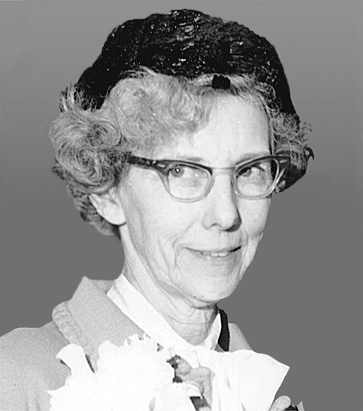When records from the 1940 U.S. Census were made public April 2 on the Internet for the first time, excitement to find relatives soon turned to disappointment or frustration. The records were searchable only with the address of the record holder at the time of the census. Without an address, finding a relative’s record was unlikely, if not impossible.
As of Friday, that problem had been solved. Ancestry.com announced that all 134 million records are now searchable by first name and last name on its website. The company started cataloging records by name for all 50 states, as well as the American Virgin Islands, American Samoa and Panama Canal, when the records were released in April. As states were completed, records were added to the name-searchable database. Washington’s became available July 13. That process wrapped up Friday, making records more accessible for the general public.
There is no charge to view 1940 census records at http://ancestry.com/1940-census However, it costs money to pull up census records older than 1940.
To test it, The Columbian looked up the 1940 census record of Eva Santee, a notable Clark County librarian and the first woman to be named First Citizen in Clark County. Santee was known for her instrumental role in construction of a library building in Camas, and later helped shape the Fort Vancouver Regional Library District.
She was a lifelong spinster. Hence, unlike many women of her day, she was known more for her professional excellence than for her domestic life. Her census record sheds some light on her personal life.
The record shows she was born in 1896 in Kansas. (She died in 1979 in California.)
She was listed, at age 44, as the head of a household of five people, including her father, James A. Santee, 75, brother Alvah E. Santee, 51, sister Florence E. Pyon, 34, and brother-in-law Arthur B. Pyon, 33. The family lived in a three-bedroom house on West 29th Street in Vancouver’s Carter Park neighborhood.
Alvah Santee and Arthur Pyon were carpenters. Florence Pyon was a teacher. James Santee was retired and widowed.
The family birthplaces show a gradual migration west. James was born in New York. Alvah and Eva were born in Kansas. Their younger sister, Florence, was born in Washington.
As a librarian, Santee earned nearly the average annual salary for 1940. She listed $1,800 as her annual salary in the census; the average was $1,900. Her sister earned $800 as a teacher, and her brother and brother-in-law reported no cash income, though they marked a box that indicated they had another source of income.
Caitlyn Isch, who, along with husband, Jerrad, owns the home that belonged to Santee, said she was delighted to learn about the historical connection.
“We love the house and the neighborhood,” Isch said. “In our opinion, it’s the best block to live on in Vancouver.”
In 1945, Santee was named the county’s First Citizen for her role in shaping the library system in the county. She was the first woman to receive the honor, which began in 1939.
This year’s First Citizen is another woman. Pat Jollota, 75, received the honor for founding the Arthur D. Curtis Children’s Justice Center, serving 20 years as a city councilor and writing five books on local history.
Both women worked in the building that holds the Clark County Historical Museum. Jollota worked as curator at the museum in the 1980s; Santee worked in the same building when it was the county’s library.
Paris Achen: 360-735-4551; http://twitter.com/Col_Trends; http://facebook.com/ColTrends; paris.achen@columbian.com.




